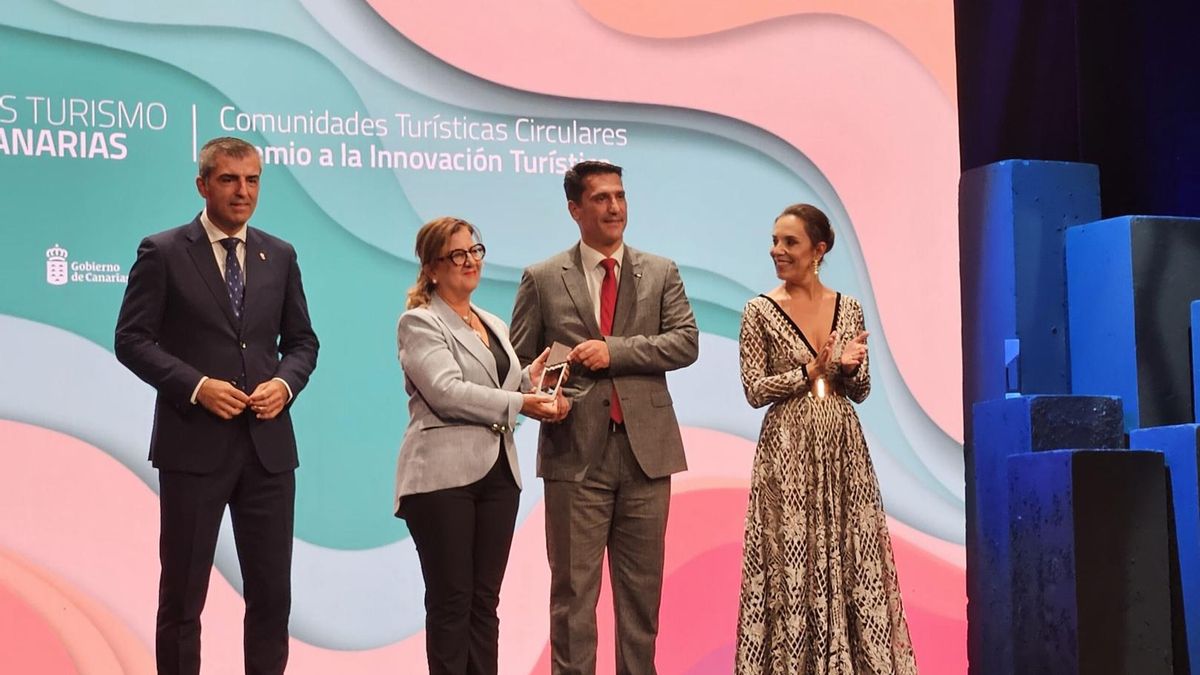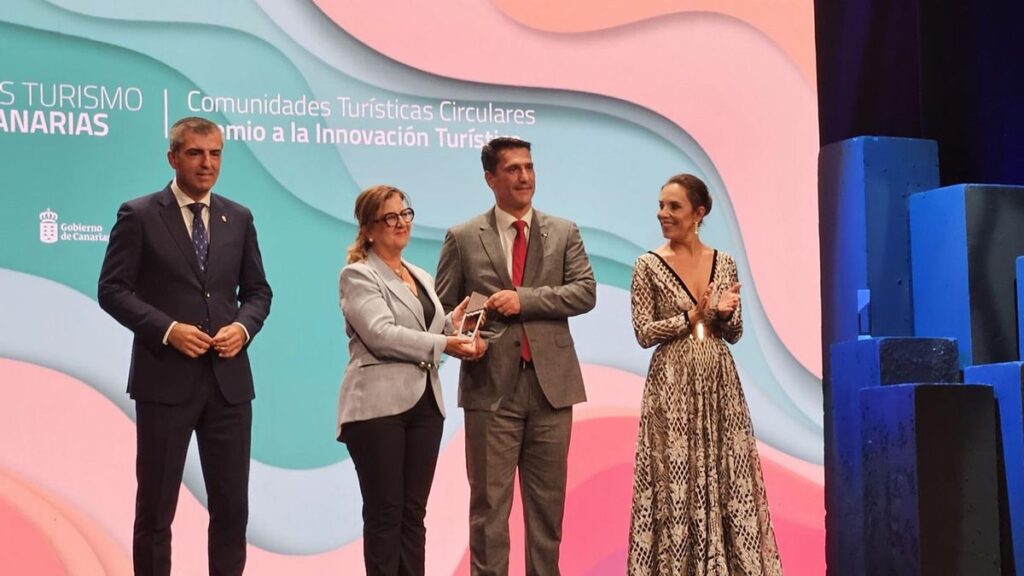Circular Tourism Project Wins Prestigious Innovation Award
The Circular Tourism Communities (CTC) project, driven by Ashotel and Asaga Canarias, has been awarded the top Canary Islands Tourism Prize in the ‘Innovation’ category. This prestigious award from the regional government’s tourism department recognizes the project’s groundbreaking model for managing hotel organic waste, which is converted into valuable compost for agriculture and other uses. By closing the organic matter loop, the initiative is championing sustainability across the archipelago.
From Hotel Bins to Farmland: Closing the Sustainability Loop
Launched three years ago, the project has already recovered more than 2,600 tonnes of organic material. This waste has been transformed into 900 tonnes of high-quality compost, used to fertilize over 80 hectares of ‘kilometre zero’ crops. This creates a direct, local link between the tourism and agricultural sectors. Currently operating in 30 hotels in Adeje, Tenerife, the project is now expanding, with plans to replicate its successful model in other municipalities across Tenerife and the other islands.
A Virtuous Circle for the Environment and Local Economy
Every tonne of biowaste collected from participating hotels is selectively gathered door-to-door and processed into high-quality organic fertilizer. This nutrient-rich compost is then directed to local farms, ensuring that valuable nutrients that once ended up in landfills are returned to the soil. This process reduces CO₂ emissions, enhances soil productivity, and eliminates the need for chemical fertilizers, creating a virtuous circle that benefits both the tourism industry and local agriculture.
Celebrating a Collaborative Success
The award was presented last night at the Teatro Circo de Marte in Santa Cruz de La Palma. Gustavo Hernández, Director of GF Victoria, accepted the recognition on behalf of the participating hotels, alongside Ángela Delgado, President of Asaga. Victoria López, Vice President of Ashotel, also attended the gala. “With Circular Tourism Communities, we have demonstrated that the tourism sector can be an engine for change in sustainability,” stated López. “We are promoting innovative solutions that connect hotels, farmers, businesses, and local administrations. It’s a pioneer project because it moves from theory to practice: we have designed a replicable model that turns waste into resources and is already generating environmental, social, and economic value in the region.”
Proving That a Circular Economy Works
Ángela Delgado emphasized the viability of such partnerships. “Initiatives like this demonstrate that it is feasible to establish alliances between the hotel and agricultural sectors, also involving public administrations, when there is a common goal. That goal is to spotlight local produce and boost its consumption in hospitality and catering—a local product resulting from a production model based on resource valorization and minimal environmental impact. This project proves with real data that the circular economy works.” She added that projects like CTC “lay the foundation for a promising future of collaboration and entrepreneurship between tourism and agriculture that will benefit both parties, but also the Canary Islands as a territory.”
Training, Local Sourcing, and Digital Tools
The commitment of the participating hotels goes beyond waste management. They train their staff on reducing food waste and managing residues, and they pledge to decrease the amount of waste they produce while increasing their consumption of local products. Hotels receive information from local producers and agricultural cooperatives integrated into the project, such as La Fast and La Casmi. Furthermore, the CTC project incorporates digital tools to measure consumption, waste, and logistical flows, allowing the project’s driving organizations to make data-driven decisions and optimize processes continuously.
Expanding the Model Across the Archipelago
Ashotel and Asaga are actively working to extend the project to other Canary municipalities. They are already in discussions to replicate the model in San Bartolomé de Tirajana in Gran Canaria; Pájara in Fuerteventura; and La Laguna, Arona, Santiago del Teide, and San Miguel de Abona in Tenerife. The involvement of local corporations is vital for this expansion. In this regard, Ashotel highlights the Adeje Town Council as a prime example, which has supported the project from its inception and is now encouraging island councils and the Canary Islands Government to promote the creation of more community and agricultural composting centers.


